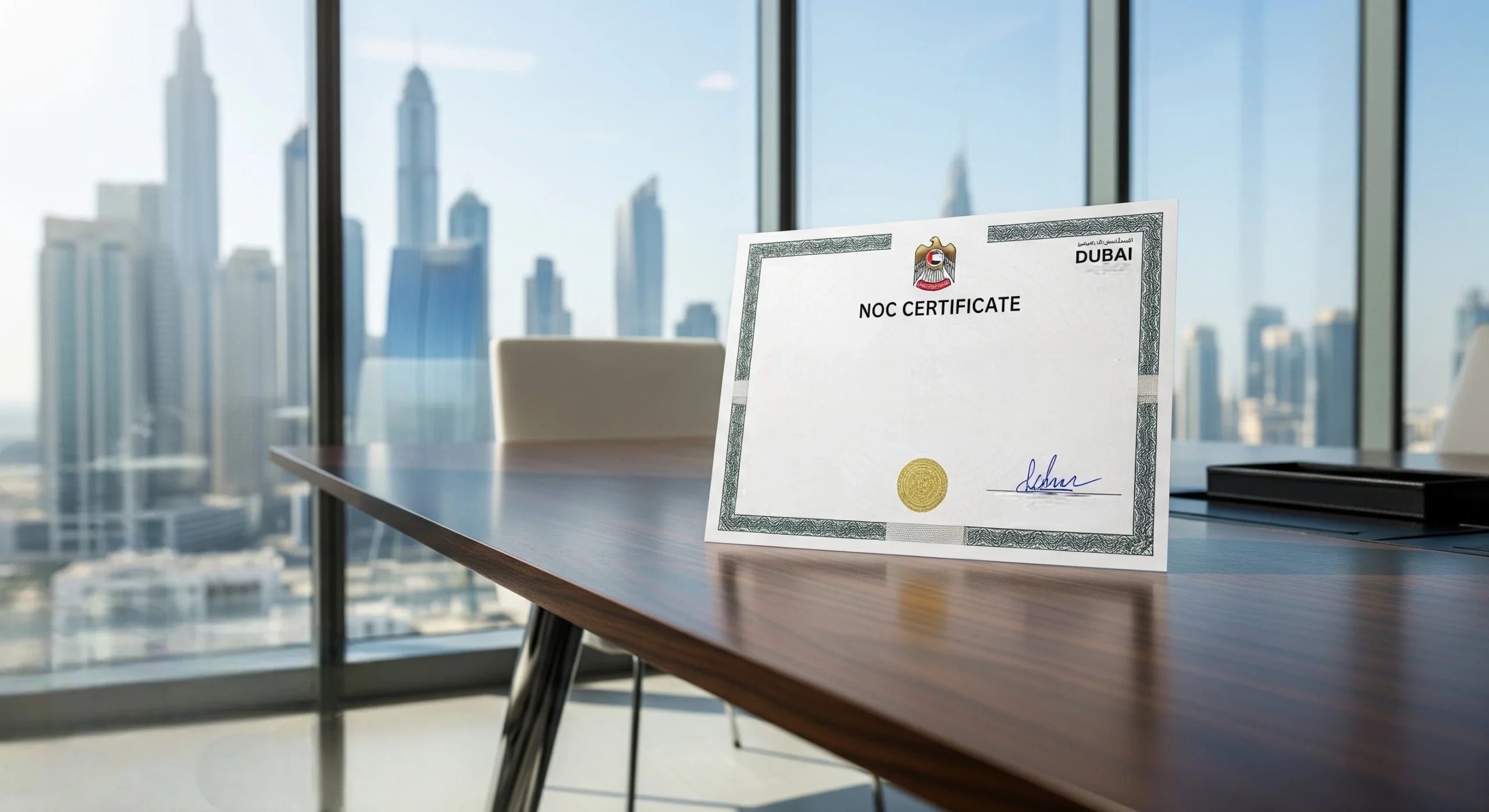Dubai has built one of the most active real estate markets in the region, and that growth continues to attract both local buyers and international investors. With so many cross-border deals, one common question comes up: can you complete a property transfer Dubai without being here in person? The answer, in many situations, is yes. The city has introduced digital services, including Dubai business services, along with secure payment systems and legal frameworks that allow property transfers to be managed online or through a representative.

Here’s how the process works and what you should know if you’re planning to complete a transfer remotely.
How the Rules Work in Dubai
The Dubai Land Department (DLD) oversees every property transfer. Years ago, both buyer and seller had to sit in a trustee office to sign, hand over cheques, and complete the deal. Now, the law allows you to complete the same process by giving authority to someone you trust. The key is preparing a power of attorney (POA) and making sure all the documents meet DLD requirements.
Power of Attorney (POA)
If you’re outside the UAE, a POA is not optional. It’s the document that lets a lawyer, relative, or an agent act for you. The process takes a bit of time: you notarize the POA in your country, take it to the UAE embassy, and once in Dubai it must be legalized again by the Ministry of Foreign Affairs. Only then will the DLD accept it. Once that step is complete, your representative can finish the transfer as if you were there yourself.
In practice, many buyers appoint a local law firm or property service provider to handle this, since they are familiar with DLD requirements and can coordinate directly with trustee offices.
Using Dubai’s Digital Platforms
Dubai has put many of its real estate services online. The Dubai REST app, for example, allows you to upload documents, track the application, and pay fees. The Ejari system is also online. In some transfers, trustee offices arrange video calls to verify identities.
A lot of residents now use the UAE Pass, which works as a digital ID. It allows you to sign agreements electronically. This system has reduced the need for paper and helps cut down approval times. For overseas buyers, this means many of the steps that once required physical presence can now be handled electronically.
Documents You’ll Need
The paperwork doesn’t change much whether you’re present or not.
- For individuals: original passport, Emirates ID (if you’re a resident), the Memorandum of Understanding (MOU) or sale agreement, and a No Objection Certificate (NOC) from the developer. If there’s a mortgage, a liability letter from the bank is also required.
- For companies: trade license, board resolution, and an attested POA for whoever is signing. Any document issued outside the UAE must be legalized and translated into Arabic before submission.
Once these documents are in order, the transfer can move forward to the next step: securing the NOC.
The NOC Requirement

The NOC comes from the property’s developer. It confirms that all service charges are cleared. No NOC, no transfer. Most developers accept online applications now, and many send the certificate by email. Usually it takes two to five working days, but if there are unpaid fees or disputes over the property, it can take longer.
The NOC is a safeguard for the buyer, since it ensures the property has no outstanding debts with the developer. For sellers, it proves that all obligations have been settled, which is essential for completing the transfer.
How Payments Work in Remote Transfers
The biggest challenge for overseas buyers has always been the payment. Traditionally, transfers were done with manager’s cheques handed in at the trustee office. Today, you can settle through escrow accounts or bank-to-bank transfers. Some trustee offices let you pre-deposit the funds into escrow. The money is released only when the transfer is registered, which protects both sides.
This setup provides reassurance for international buyers, since funds remain secure until the property is officially transferred.
The Role of Trustee Offices in Property Transfers
Trustee offices are licensed to carry out the transfer process on behalf of the DLD. They check the paperwork, collect fees, coordinate with banks, and upload everything to the Land Department’s system. In remote transfers, they work directly with your POA holder and complete all in-person tasks. At the end of the process, the new title deed is issued through them.
Because they manage the entire transaction, trustee offices play a central role in making remote property transfers possible. Many now operate with hybrid models combining online systems with in-office handling, so clients outside Dubai can complete most steps digitally.
Expected Timelines
Buying a ready property without financing usually takes about two to three weeks. If the property has a mortgage or is under a company structure, four to six weeks is more realistic. The longest part is often the preparation of the POA and attestation of documents, especially if done abroad. Starting those steps early will save time later.
Once the POA and NOC are ready, the trustee office can usually complete the remaining steps quickly.
Benefits of Remote Transfers

The biggest advantage is simple, you don’t have to get on a plane just to sign paperwork. That saves both time and money. For someone managing more than one property, it also means you can keep things moving without interrupting your schedule. On the seller’s side, the process is quicker too, since developers and agents don’t have to wait for buyers to travel in before finalizing a deal.
Potential Issues with Remote Transfers
Even with all the new tools, the process isn’t flawless. A common problem is paperwork that isn’t attested the right way, especially when the POA is prepared abroad. Banks can also take longer than expected to issue a liability letter, which holds everything up. On top of that, developers won’t release the NOC if there are outstanding service fees.
Then there are smaller but real issues such as time zone differences that slow down communication or technical glitches when uploading documents. And of course, only work with trustee offices and banks that are licensed and recognized, otherwise you risk running into trouble when large payments are involved.
What’s Next for Remote Transfers
Dubai continues to push toward full digitalization. Projects such as blockchain-based title deeds and wider use of UAE Pass are already underway. If these systems are fully rolled out, most of the process could be handled online, without anyone needing to step into a trustee office. It’s not there yet, but that’s the direction the market is moving.
Final Thoughts
So, yes, it’s possible to complete a property transfer in Dubai remotely. With a proper POA, verified documents, and the support of digital platforms, buyers and sellers can finish the process without setting foot in a trustee office.